
A businessman trading in electronics, Abel never thought he would be burdened in making timely payments for suppliers. Running a store in Mercato, he has a weekly turnover of somewhere around 800,000 Br though this may go up to 1.2 million Br when business is booming. With huge chunks of cash on hand and deposits in banks, it used to be simple for him to issue payments to his suppliers.
The good old days appear to have gone now. Business is no longer the usual beginning last year after authorities at the central bank imposed cash withdrawal limits on depositors and businesses to 200,000 Br a day. Abel tried to overcome this, but what was more onerous was the transaction limit put in place. In January this year, the National Bank of Ethiopia (NBE) imposed limits on account-to-account transfers to five a week, followed a month later by similar restrictions on digital transfers.
Businesspeople such as Abel have had to navigate through the ensuing financial mire. A few found a workaround, incentivising customers to pay in cash, offering better deals. Others grew accustomed to digital transactions. Neither group could escape the dire circumstances to hold a significant amount of cash in hand.
Abel stopped depositing daily sales in the bank.
"I can't pay my suppliers if the money is in a bank," says Abel. "I have business partners to whom I'm supposed to transfer cash."
A shoe trader in Mercato was compelled to open nine accounts in several banks to withdraw cash as he pleases. He accepts a transfer to these accounts and slowly moves the money to his main account at his preferred bank. Still, whenever he plans to purchase from his suppliers, he stocks cash a few days ahead.
The story of Abel is an ordeal several experience, forcing them to hoard cash, hence betraying the government's plan to bring down the amount of money circulating outside of the banking system. Months before the government decided to demonetise the Birr last year, the amount of money in circulation outside banks stood at around 113 billion Br. To the delight of officials at the central bank, the figure fell to 64.6 billion Br following the demonetisation in September 2020.
Everything had seemed to be going according to plan – until it was not.
The money outside the banking system had shot back up by the second quarter of this year to 108.3 billion Br. It recorded a staggering increase of 65pc, a development in stark contrast to the surprisingly high levels of deposit mobilisation commercial banks have reported since the year ended two weeks ago. The total stock of deposits mobilised grew to 1.3 trillion Br during the year, marking a 25pc annual growth.
The state-owned giant Commercial Bank of Ethiopia (CBE) led the pack by miles, having mobilised net deposits of 140 billion Br, pushing its aggregate deposits to 735 billion Br. It accounts for more than half of the total deposits in the country. Its mobilisation saw a sharp uptick of 86 billion from the previous year.
Awash International Bank is a leader amongst private banks, mobilising 33.8 billion Br in deposits last year, bringing its total to 107 billion Br. However, the highest rate of growth was registered by the Bank of Abyssinia, which mobilised deposits of 41.2 billion Br in a year, almost doubling its aggregate. The Bank's management attributed the staggering 86pc increase to its aggressive network expansion drive, opening over 100 new branches. Having a total of 607 branches, Abyssinia registered 2.5 million new account holders over the year.
The Bank's deposits showed a spike in the months leading up to November when the demonetisation process ended. It has since been consistent except for a few down periods during tax seasons, disclosed Wosenyeleh Abera, director of deposit mobilisation at Abyssinia.
Industry insiders see this far from a reflection of the performance of the banking industry. Abyssinia's heavy mobilisation rather signifies a migration of depositors from other banks.
Abyssinia, however, has benefited from the demonetisation process, which forced savers to deposit cash holdings to switch over to the new banknotes. The same is true for the industry, which has seen the opening of 15 million new accounts since the change in national currency, bringing the total depositors to 66.2 million.
This testifies that the demonetisation process and measures taken since were not in vain for officials at the central bank.
"The transaction limitation and the demonetisation policies met their goals in the early days of its implementation," says Fikadu Digafe, vice governor and chief economist at the central bank.
The industry concurs.
United Bank registered close to seven billion Birr in deposits last year, almost 30pc higher than what it had managed to mobilise during the preceding year. Its President, Melaku Kebede, attributed the growth to the demonetisation policy, curbing cash hoarding, which he sees as a perilous problem in the industry.
"So much so that we had trouble finding safes in the market," he told Fortune.
Despite the gratification by policymakers, regulators and executives, the public has gradually resorted to other means of storing cash, including hoarding practices.
Regulators at the central bank say the cash holding limits that surfaced in mid-August last year were a reflection of their desire to fight cash hoarding, restricting businesses to holding no more than 1.5 million Br in cash. Later, in February, restrictions were tightened. Individuals were limited to withdrawing a maximum of 50,000 Br a day and half a million Birr a month, while businesses were only permitted to one million Birr a month.
Commercial banks had also been lobbying for cash transaction limitations to be imposed, but the policy that came about has left a bitter taste in their mouth.
Other means for digital transactions should have been widely available, and depositors should have been given more time for the strategy to hit its target seamlessly, according to Wosenyeleh, who sees limiting the number of weekly transactions to five as a "seriously flawed" policy.
"It isn't fair to limit depositors on cash transactions and transfers as well," he said.
The central bank grants senior executives of commercial banks the discretion to override these limitations on a "know your customer" basis. Nonetheless, not many were seen coming forward to take advantage of this option.
"Nobody wants to be scrutinised," said Wosenyeleh.
Officials at the central bank seemed contented with the size of deposits mobilised by the banking system. The political establishment has gone further, rejoicing this as a measure of health for the macroeconomy. They are bullish in projecting a macroeconomic growth of eight percent this year, comparable to the pre-COVID era. The IMF thinks otherwise, forecasting no more than two percent in growth.
In real terms, though, inflation and the Birr's relentless depreciation against major currencies spoils the official excitement of a bouncing economy ahead.
The growth in deposit mobilisation is not remarkable, noted Abdulmenan Mohammed, a financial analyst based in London.
The role of loans provided in the growth of net deposits is often overlooked, according to Abdulmenan.
"As loans approved by a certain bank directly go into a saving account belonging to the borrower, deposits are expected to hike," he said.
Zafu Eyesuswork, a veteran in the financial sector, agrees. Having over four decades of experience in the sector, he believes inflationary pressure has driven up the provision of loans, thus increasing deposit mobilisation. He also remarked that the modest growth could not have been possible without the demonetisation.
It appears the banks had no choice but to employ business as usual approaches. Even if all cash currently outside the banking system were to be banked, the increase in deposits in the past year would jump to about 35pc, still unremarkable when accounting for inflation (24pc year-on-year) and growth in GDP.
"The source of saving is economic growth," said Abdulmenan. "There could be some savings from abroad, but it may not be significant."
The deposits collected by banks can only show real growth if the economy recovers, according to Rahel Kidane, an investment banking and financial expert with over a decade of experience. Having previously worked at Access Capital, Rahel has published researches on private equity.
"Right now, the world needs stimuli to revive, no restrictions," said Rahel.
She would rather see the central bank encourage depositors, lifting restrictions, including the transaction limit, that are pushing businesspeople like Abel out of the banking system.
For now, the central bank has no plans to make changes to these restrictions. But it hopes the deployment of the national ID system will have a tremendous impact towards ensuring and monitoring the effectiveness of the restrictions, according to Vice Governor Fikadu.
"There is currently no means of controlling how many accounts a depositor can have," Fikadu said.
PUBLISHED ON
Jul 18,2021 [ VOL
22 , NO
1107]
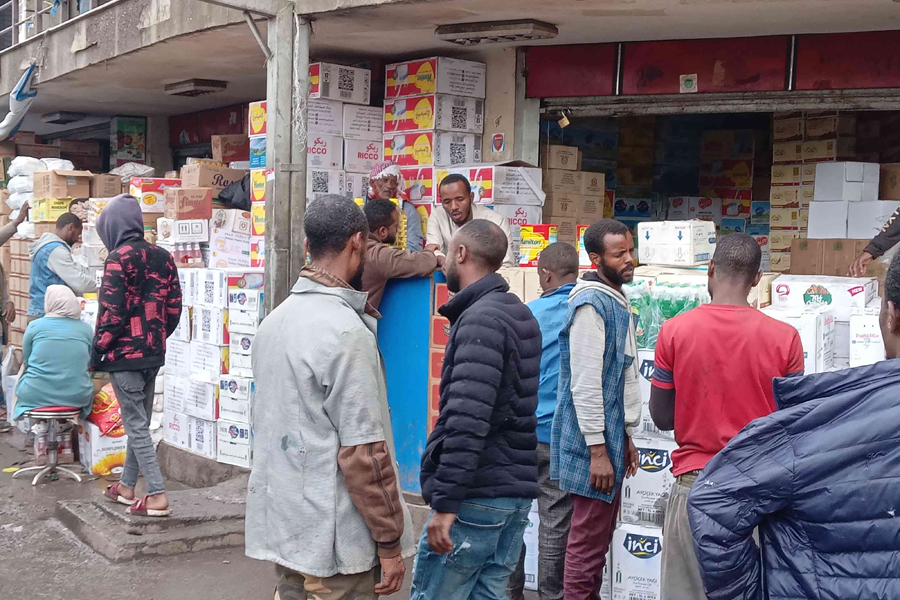
Fortune News | Aug 04,2024
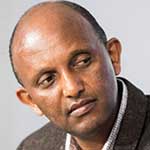
Verbatim | Nov 29,2020
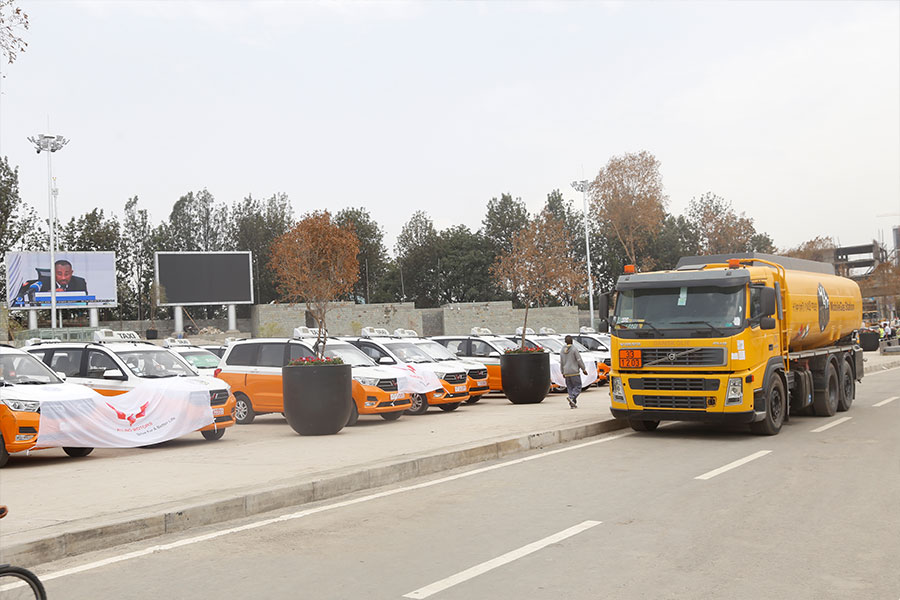
Radar | Jun 21,2021
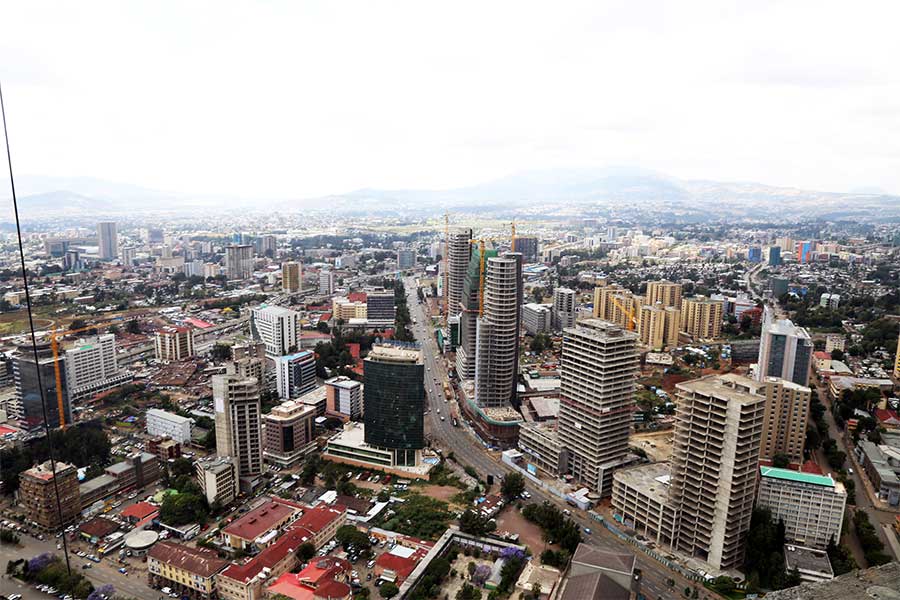
Featured | Jan 11,2020
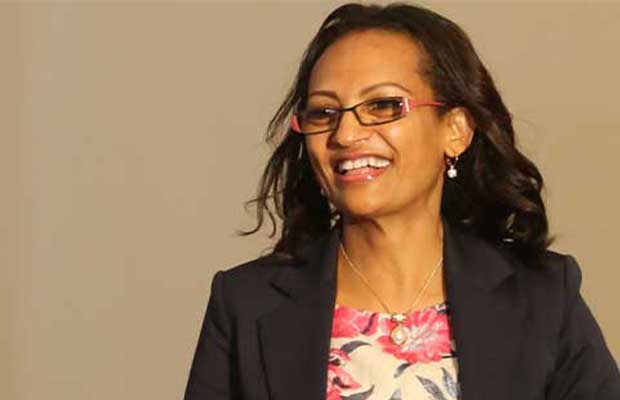
Exclusive Interviews | Jan 05,2020
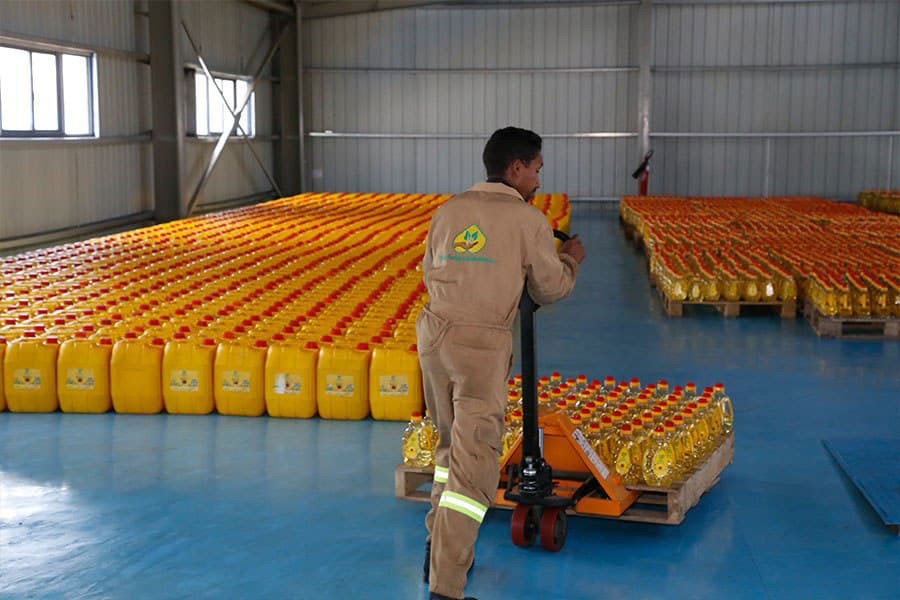
Fortune News | Mar 05,2022

My Opinion | Feb 19,2022
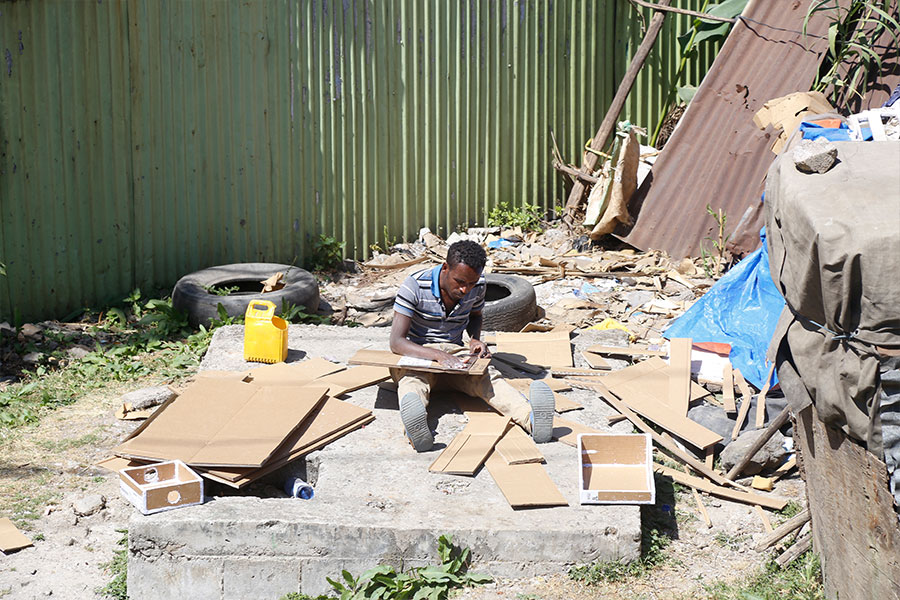
Radar | Nov 27,2021
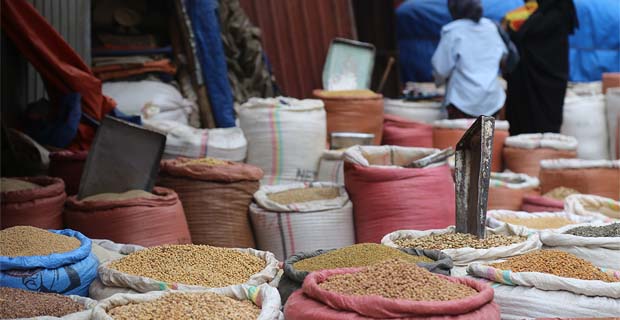
Fortune News | Oct 03,2020
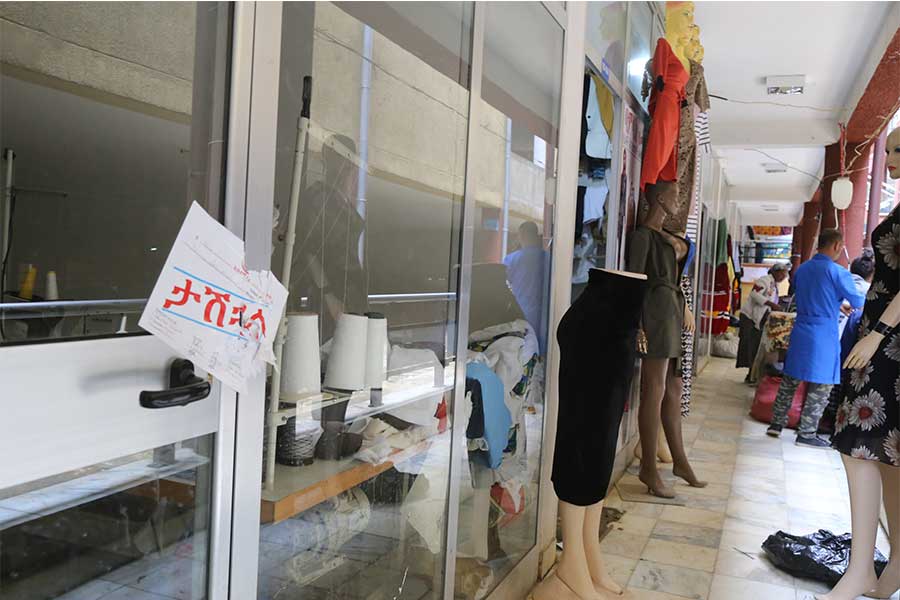
Featured | Sep 28,2019

Dec 22 , 2024 . By TIZITA SHEWAFERAW
Charged with transforming colossal state-owned enterprises into modern and competitiv...

Aug 18 , 2024 . By AKSAH ITALO
Although predictable Yonas Zerihun's job in the ride-hailing service is not immune to...

Jul 28 , 2024 . By TIZITA SHEWAFERAW
Unhabitual, perhaps too many, Samuel Gebreyohannes, 38, used to occasionally enjoy a couple of beers at breakfast. However, he recently swit...

Jul 13 , 2024 . By AKSAH ITALO
Investors who rely on tractors, trucks, and field vehicles for commuting, transporting commodities, and f...

Jul 12 , 2025
Political leaders and their policy advisors often promise great leaps forward, yet th...

Jul 5 , 2025
Six years ago, Ethiopia was the darling of international liberal commentators. A year...

Jun 28 , 2025
Meseret Damtie, the assertive auditor general, has never been shy about naming names...

Jun 21 , 2025
A well-worn adage says, “Budget is not destiny, but it is direction.” Examining t...